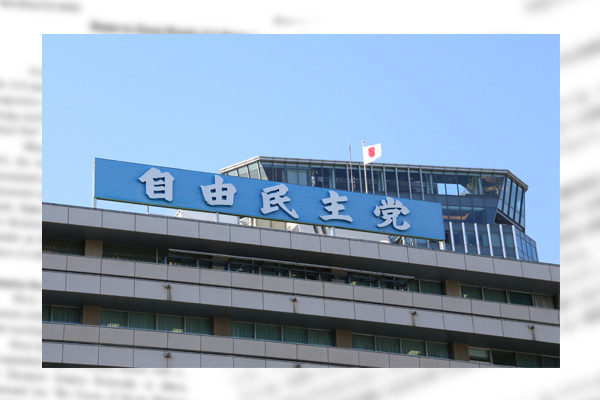July 8 marked the second anniversary of the assassination of former Prime Minister Shinzo Abe. The shocking news arrived when the Japan Institute for National Fundamentals was holding a weekly meeting of the Planning Committee two years ago. The terrorist attack in the midst of a national election amounts to a grave challenge to democracy. We must not forget the incident forever.
The situation surrounding Japan has changed dramatically over the past two years. The four countries of China, Russia, North Korea, and Iran, as a new “axis of evil,” are trying to impose the “rule by force” on the world. Their nuclear threat has become real. The United States, Japan’s only ally, is in turmoil over coming presidential election in November. Abe raised the slogan of “Restore Japan,” and precisely at no time has Japan’s independence been more needed than now.
Awaiting a new leader
Under such circumstances, the ruling Liberal Democratic Party will hold its presidential election in September. The Constitutional Democratic Party of Japan, the largest opposition party, which is in de facto alliance with the Japanese Communist Party as was seen in the Tokyo gubernatorial election on July 7, cannot be trusted with the government. The LDP is the only political party capable of governing Japan.
Prime Minister Fumio Kishida struggled to deal with the “politics and money” issue during the ordinary session of the National Diet, which lasted from January to June. While reiterating that he would “carry on the legacy” of Abe, Kishida failed to demonstrate his leadership in achieving Abe’s goal of constitutional amendment during the parliamentary session. The Kishida cabinet’s approval rating remains so sluggish that he cannot move Japan forward any further. This is why the emergence of a new leader is hoped for.
Nevertheless, would-be successors dare not declare their candidacy. They are hesitant, fearing that they would face obstruction within the LDP if they announce the candidacy early on. It would be a real downer if attention is focused on who LDP Vice President Taro Aso or former Prime Minister Yoshihide Suga are going to endorse. National Diet members who aspire to become the prime minister should raise hand.
LDP has capable human resources
Economic Security Minister Sanae Takaichi and her predecessor Takayuki Kobayashi can be candidates who will carry on Abe’s legacy. Takaichi should resign from the Cabinet post as soon as possible to concentrate on LDP presidential campaigns. Kobayashi, who vowed to aim to become prime minster in his interview for the August issue of the monthly magazine “SEIRON,” should declare his will within the party. Kobayashi at the age of 49 may be young in Japanese politics. In Europe, however, there are many political leaders in their 40s, including Italian Prime Minister Giorgia Meloni, 47, and former British Prime Minister Rishi Sunak, 44. It is not too early for Kobayashi to seek premiership.
I would like to see a lively debate during LDP presidential campaigns. I hope that a new leader would carry on the legacy of Abe, who fell in the middle of the road to the goal, in the true sense of the word, rather than in the form of lip service as shown by Kishida.
Takashi Arimoto is a Planning Committee member at the Japan Institute for National Fundamentals and a columnist at the Sankei Shimbun newspaper.


